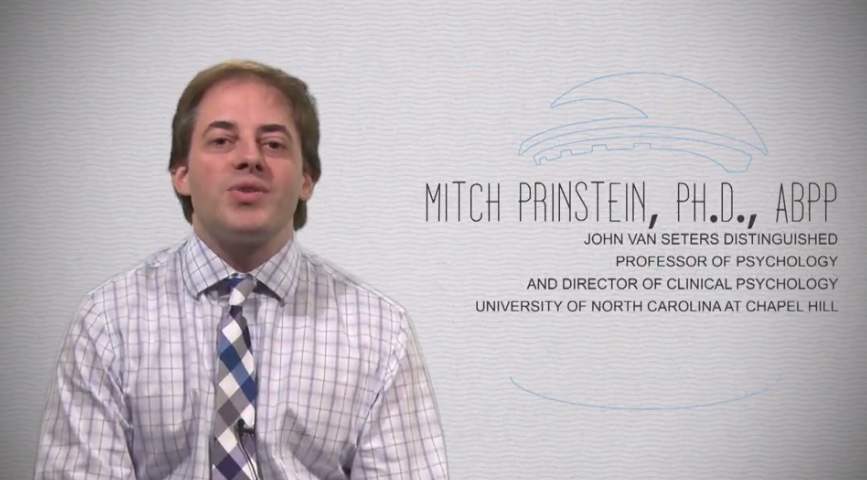The Science of Cool: How Popularity Affects Our Lives
UNC Psychology professor Mitch Prinstein discusses his MOOC, the Psychology of Popularity.
Who were the cool kids at school, and what became of them? And the rejects? Many people have speculated on these questions. But did you know social scientists have been studying these questions as well? Prof. Mitch Prinstein, a Professor of Clinical Psychology at the University of North Carolina at Chapel Hill teaches a course on this, and is offering a free online course Psychology of Popularity via Coursera, that starts on June 22. Class Central asked Prof. Prinstein a few questions about popularity and his course, which he answered via email.
Class Central: How do psychologists define ‘popularity’, and how does this vary from what most people mean by it?
Prof. Prinstein: When most people think about popularity, they think about who the “cool” kids were–who were the influential, dominant teens they knew. This is only one type of popularity. Another has to do with how likeable people are.
Class Central: Has popularity really been studied heavily in psychology? Can it be reliably measured, and is it fairly stable over time and across situations?
Prof. Prinstein: Popularity has been a big area of psychological inquiry because some types of can reliably identified starting at the age of three and it is remarkably stable across contexts for the rest of our lives. Popularity in childhood has implications for our happiness in our relationships, our salaries and work performance, and even in our physical health.
Class Central: What have been some of the most interesting findings about popularity?
Prof. Prinstein: We now know that popularity can even change the expression of our DNA. As soon as we experience social rejection, our bodies begin preparing us for a lifetime of risk and injury, and this has major implications for how our brain processes information and how our bodies respond to stress.
Class Central: How much can we “crack the code” on popularity? Are there practical ways we can increase our popularity?
Prof. Prinstein: In the class, we talk about what factors lead to popularity and how these factors play a role in our adult relationships. The course will discuss how we understand popularity among children and what the implications are for our adult lives. We can have far more success and happiness if we understand how to have more of some types of popularity.
Class Central: Who is this course intended for and what will people be able to do differently as a result of taking it?
Prof. Prinstein: The course is an adaptation of my university class on popularity. It has been adapted to apply what we know from child development research to adults’ lives. The course offers lots of opportunities for reflection, and anyone who takes it will probably never think of their social behavior the same way again. Taking this class will help us see our behaviors in a whole new light that will illuminate the path to a happier life.
Class Central: Would you recommend any books or online resources to learn more (besides your class)?
Prof. Prinstein: We will be posting the latest research related to the class on our Facebook group during and after the course: https://www.facebook.com/projectpopularity
Class Central: How did you become interested in this topic?
Prof. Prinstein: I have always been interested in popularity, from the time I was in elementary school, and I became fascinated to learn how important it is in children’s and adults’ lives. Peers are so important to us as we grow up – of course it is something that shapes how we view the world forever.
If you are interested in this topic of popularity, you can take the course The Science of Popularity, which starts June 22.






